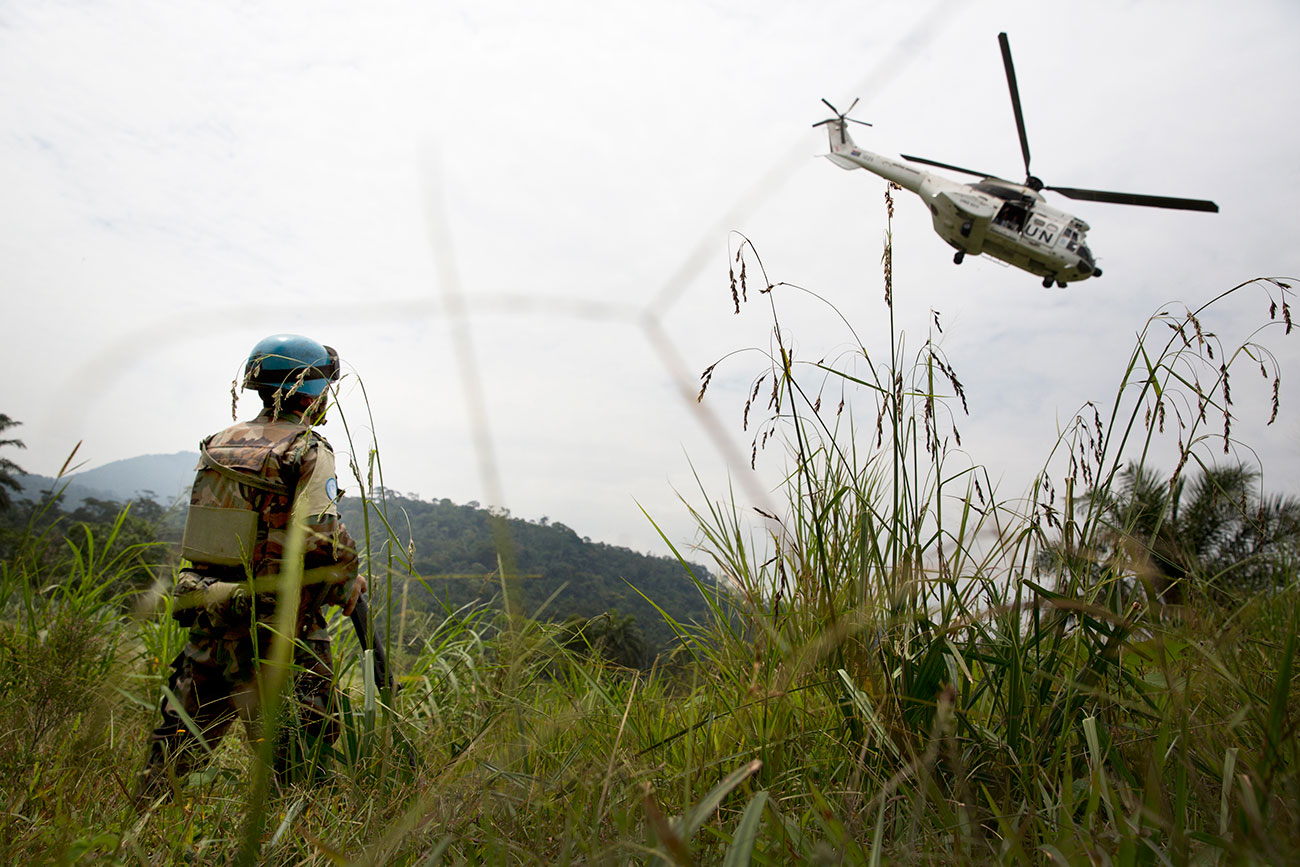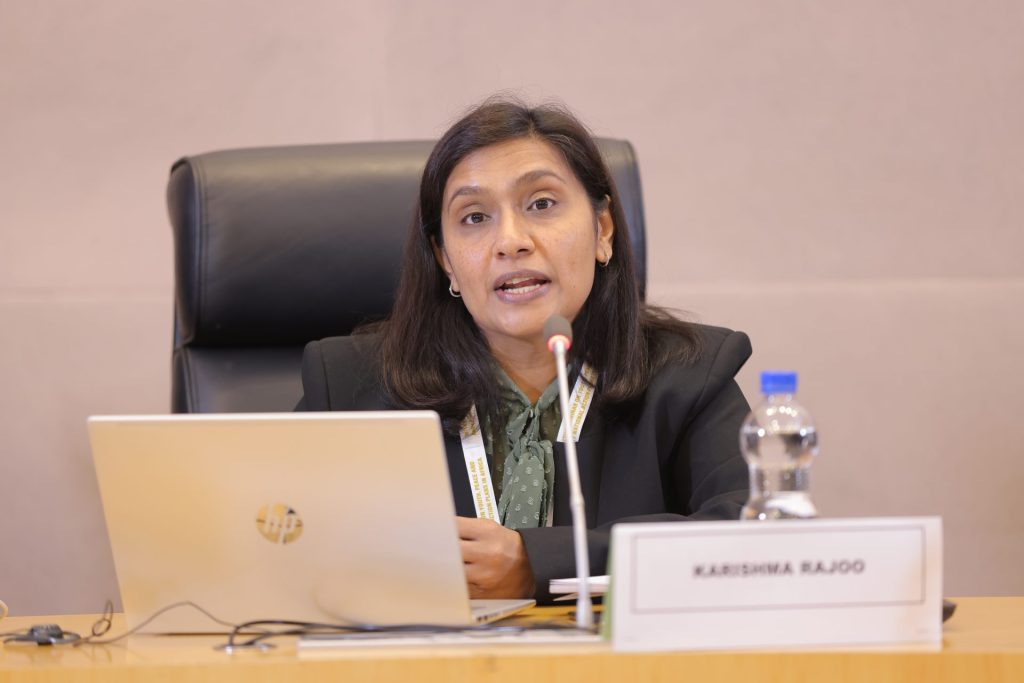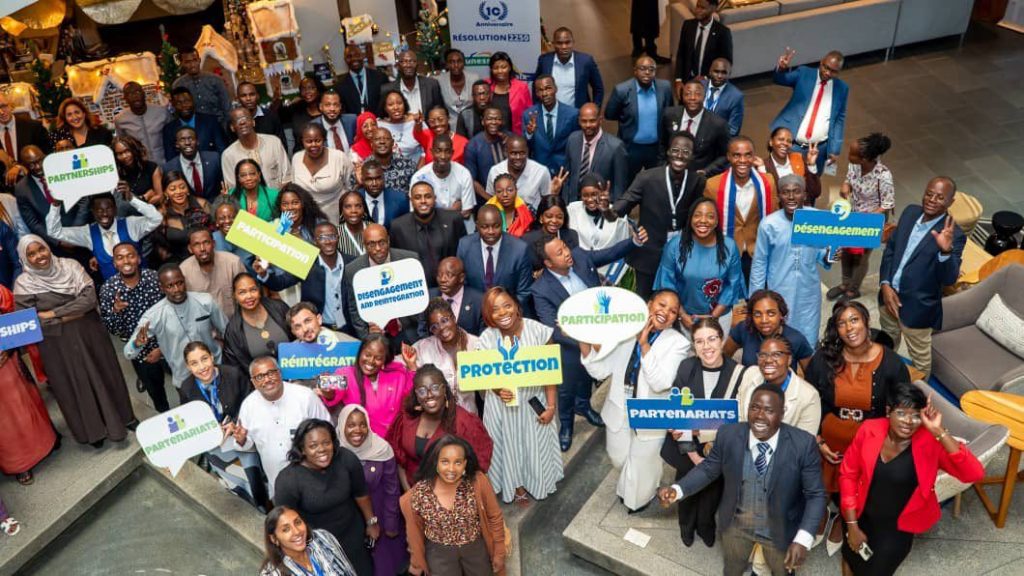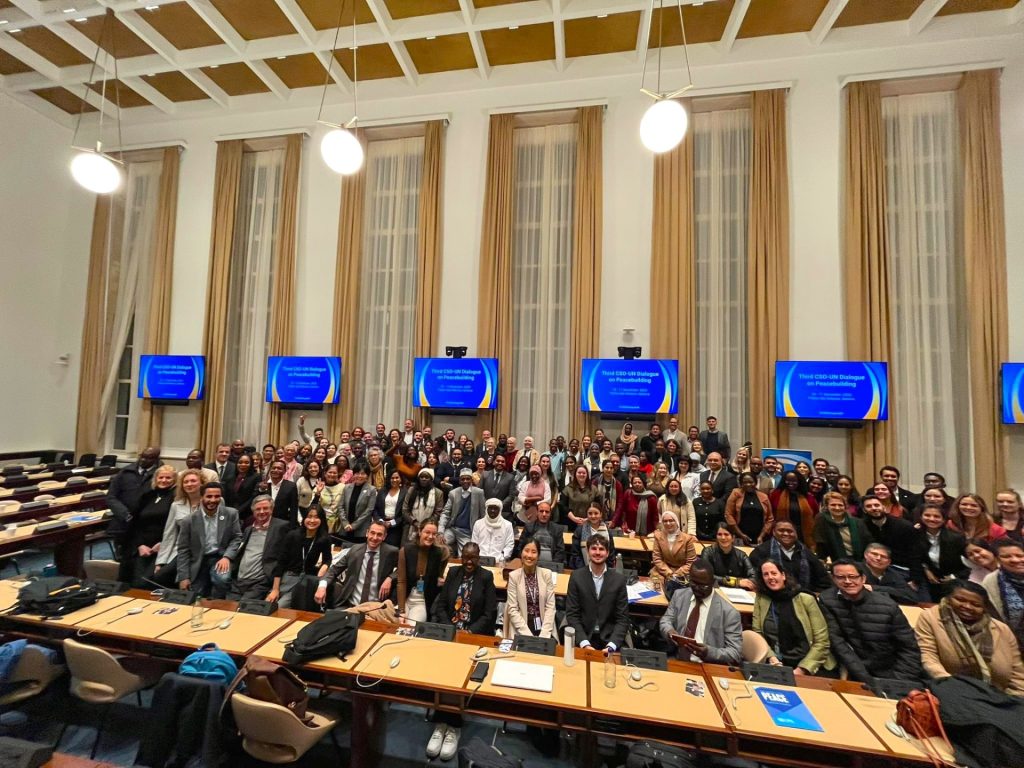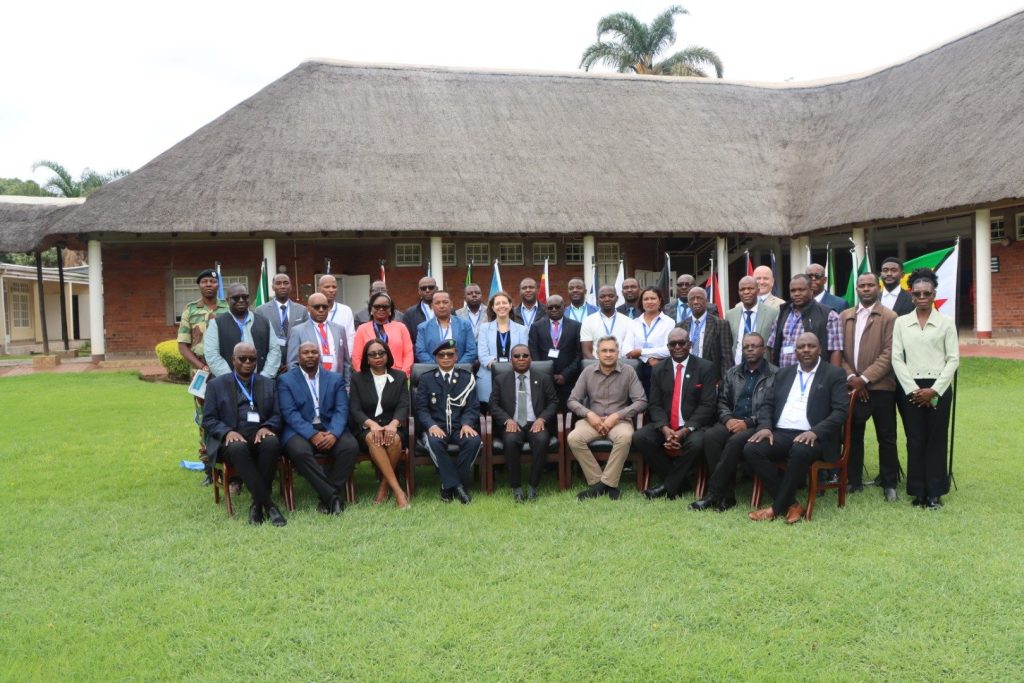The latest Occasional Paper published by ACCORD makes connections between the vicious cycles of conflict in the Democratic Republic of the Congo’s (DRC) North and South Kivu provinces (the Kivus) and the intractable conflicts in the DRC. Written by Joyce Muraya and ACCORD’s John Ahere, Perpetuation of instability in the Democratic Republic of the Congo: When the Kivus sneeze, Kinshasa catches a cold places the Kivus at the epicentre of the crisis in the DRC and persisting insecurity in the Great Lakes region as a whole.
Muraya and Ahere offer arguments as to why hostilities in the DRC persist, in spite of post-crisis recovery initiatives implemented in the country. Their arguments provide perspectives which can enrich conflict resolution programmes and processes. Exploring why conflicts in the DRC seem intractable, the paper analyses questions of territoriality and the problem of state consolidation, availability of strategic minerals, cross-border ethnic identities, abandonment of mediation processes after peace agreements, stunted growth of supranational organisations and the shifting epicentres of conflicts in the Great Lakes region.
The crisis in the Kivus is characterised by a complexity of actors with varied interests, multiple aims and shifting alliances. This paper aims to contribute to a better understanding of the linkage between the conflicts in the Kivus and persistent periodic instability in the DRC. It delves into and critiques post-crisis peacebuilding recovery efforts implemented in the country since the end of the Second Congo War. It concludes that, among other strategies, resolving the various conflicts in the DRC depends on understanding the causes of specific clashes, such as those in the Kivus, as this can contribute to the uncovering of sustainable solutions to armed confrontation.
The paper offers proposals which, if implemented, could contribute to moving the Kivus, and by extension the DRC, beyond intractability. Among others, the authors recommend that:
- the government of the DRC enhances governance structures and processes and strengthens relations with local government structures
- the government prioritises security sector reform to support its security forces in their role of assuring citizens that they are safe from violence. Efforts to address problems within the national army should be high on the government’s list, to ensure that issues such as the FARDC’s involvement with armed groups and mineral exploitation are addressed
- international actors adopt long-term strategies and interventions aimed at achieving sustainable peace and focus less on implementing stop-gap measures which, although important in addressing immediate humanitarian situations and stemming runaway violence, are not as effective in addressing and dealing with the underlying causes of conflict
- the international community directs more attention and resources to supporting local ownership of socio-economic and political processes as grassroots communities, which are often ignored in favour of national and regional engagement, are often the flashpoints where conflicts begin
- civil society organisations focus on better coordinating efforts to ensure that they not only obtain legitimacy from various stakeholders to allow for the smooth implementation of crisis prevention and recovery initiatives, but that their activities at grassroots level do not contribute to the escalation of existing conflicts.
Muraya and Ahere conclude that the prolonged cycles of conflicts in the Kivus have massive effects on not only the entire territory of the DRC, but also on neighbouring countries and vice versa. It is therefore important to analyse the dynamics of the situation in the Kivus because by doing so, practitioners and actors will be better able to conceive initiatives which may be effective in not only deescalating conflicts, but also dealing with structural issues which cause and perpetuate them. They advance that inadequate attention to addressing structural issues in the Kivus has contributed to making the conflicts in the DRC seem intractable.
ACCORD Occasional Papers blend inter-disciplinary policy, practice and research on peace and security issues. The series is primarily aimed at stakeholders in the conflict resolution, peacebuilding and development and governance sectors and is an important platform for sharing new and evolving knowledge.
The paper is published and printed in both English and French. To request physical copies or to receive e-mail alerts of any ACCORD publications please send an e-mail to publications@accord.org.za.

